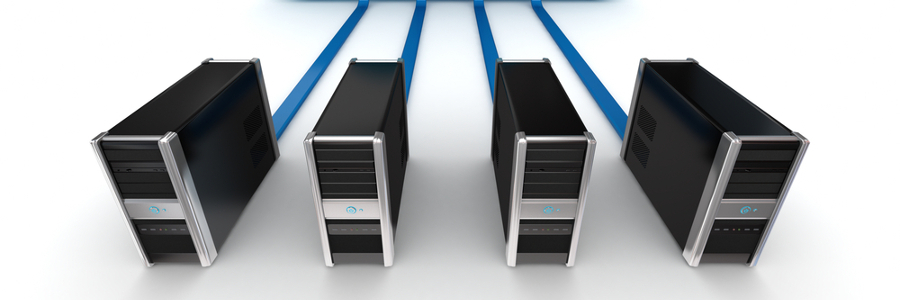The volume of malicious cyber attacks is increasing every year. Although many companies use the latest network security systems, they aren’t immune to the hackers’ favorite strategy — social engineering. Unlike malware, social engineering tricks people into volunteering sensitive data.
- Columbus: (614) 702-7700
- Cleveland: (216) 393-2484
- Akron/Canton: (330) 685-9100
Blog
Which web browser is perfect for you?

The battle of the web browsers has raged on for years. While the classic rivalry between Netscape Navigator and Microsoft Internet Explorer has long passed, we are now facing a broader field of competition. There are currently four web browsers competing for space in your hard drive, and we've drawn up this list of their advantages and disadvantages to help you choose.
Choose from these 5 virtualization options
6 tips for SMB Facebook pages

Facebook isn’t worth over $480 billion because people use it for just selfies and political rants. Businesses of all sizes and from all industries are using it to attract and engage customers, and yours should too. Aside from purchasing targeted advertisements, there are a host of free strategies to generate business with your SMB’s Facebook page.
5 Cybersecurity measures anyone can master
Hybrid clouds make SMBs more flexible
5 ways to capitalize on the latest tech fads
Quick Guide to Virtualization as a DR plan

Although many business owners think that Virtualization and Disaster Recovery (DR) are two separate services, the former can actually be used as a legitimate solution to the latter. Here’s how it works, along with some pointers to keep in mind should you choose virtualization as your disaster recovery plan.
4 Security risks of the BYOD strategy

Taking work home, or practically anywhere, has never been easier. The bring your own device (BYOD) strategy has become a popular approach for many businesses to conduct work more efficiently and flexibly. But this strategy is not without risks. BYOD, if not implemented correctly, can make your system susceptible to a number of attacks.







